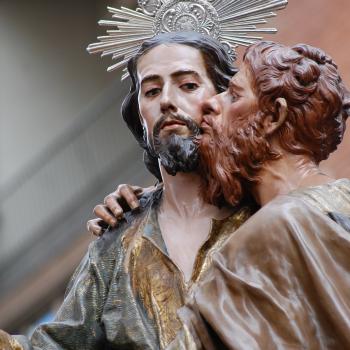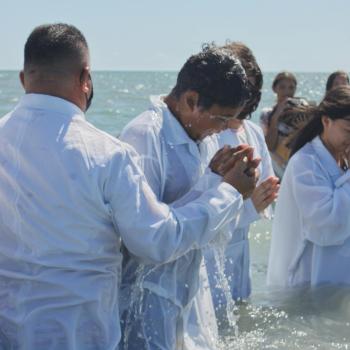
Growing up in Texas, I’ve always been familiar with Juneteenth. Each year, people in our small town would gather at the park excited to enjoy free food, local radio stations, talent shows, and more. My mother would bring us and we would spend the whole day there, sometimes leaving and returning later. I had a great time and eagerly looked forward to the following year until that particular celebration eventually ceased.
It wasn’t until I moved up North as an adult that I realized much of the country had little to no knowledge of the June Nineteenth holiday. Even now that it’s become a national holiday, some still struggle to grasp its history, origins, or significance.
Juneteenth, also known as Freedom Day or Emancipation Day, is important in African American history and culture. Originating in Texas in 1865, the holiday commemorates the end of slavery in the United States, marking the day when enslaved people in the state finally received news of their liberation, two and a half years after the Emancipation Proclamation was issued. Per the National Museum of African American History and Culture,
“Freedom finally came on June 19, 1865, when some 2,000 Union troops arrived in Galveston Bay, Texas. The army announced that the more than 250,000 enslaved black people in the state, were free by executive decree. This day came to be known as “Juneteenth,” by the newly freed people in Texas.”
After learning about the declaration of freedom, African Americans wasted no time in taking steps to improve their lives and their nation. Despite facing challenges, black individuals and groups have made remarkable and inspiring achievements that we give special honor in February, Black History Month.
Today, Juneteenth is celebrated with a variety of traditions, including parades, festivals, family gatherings, and scrumptious foods like barbecue and all sorts of other goodies. On Juneteenth, we recall how far we’ve come. We remember how a people can overcome hardship and unjust treatment to thrive beyond expectations. We learn from this day not to give up when life isn’t fair, but to keep pushing forward, never giving up hope. It celebrates the resilience and perseverance of the Black community in the face of oppression, and it inspires and encourages all people.
Upon receiving the good news from the soldiers, the people placed their trust in the message and started to embrace the path of freedom. Likewise, the Gospel of Jesus Christ liberates people from the chains of sin and death. As Paul wrote, “The Spirit of life in Christ Jesus has set you free from the law of sin and death” (Rom. 8:2).
Through faith in Jesus Christ, believers are freed from the power of sin that once enslaved them (Gal. 5:1). The good news of salvation in Christ brings forgiveness, new beginnings, and the hope of eternal life to all who trust in him (Jn. 8:36, 2 Cor. 3:17). Rather than being bound by the burdens of guilt, shame, and condemnation, those who embrace the gospel find true freedom and the transformative power of God’s redeeming love (Rom. 6:18; 1 Peter 2:16).
Proclaiming this transformative message releases the captives and leads them into the glorious freedom of being God’s children (Lk. 4:18-19; Jn. 1:12). Therefore, let us walk in freedom. Because “You, my brothers and sisters, were called to be free. But do not use your freedom to indulge the flesh; rather, serve one another humbly in love.” (Gal. 5:13 NIV)
















